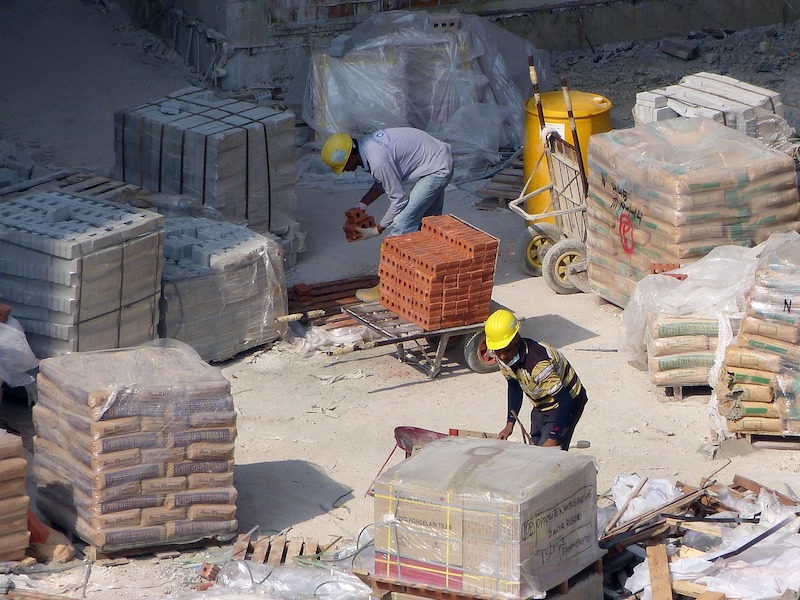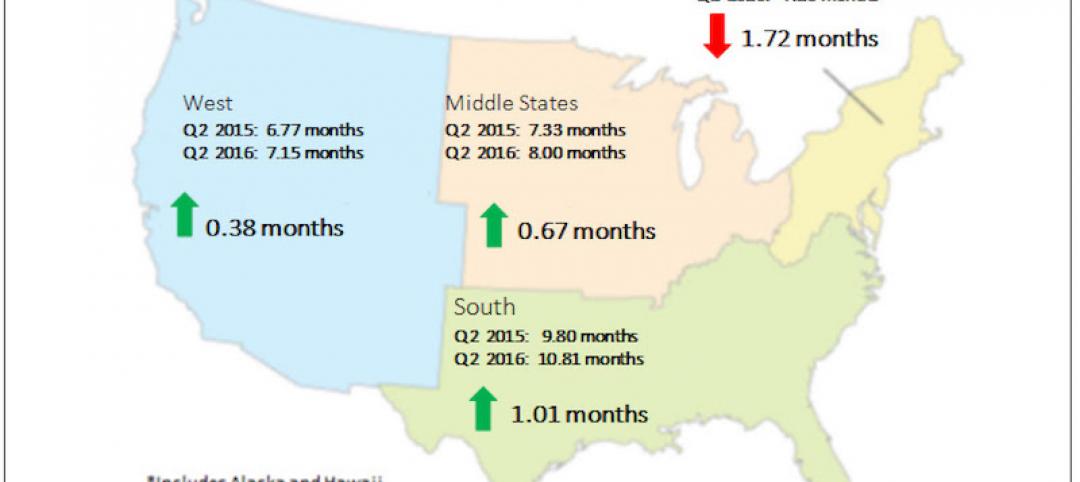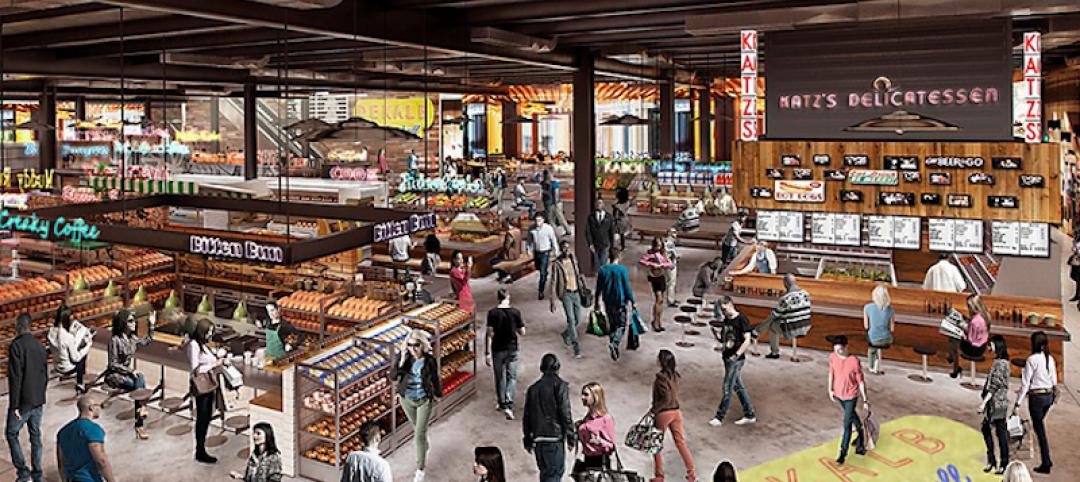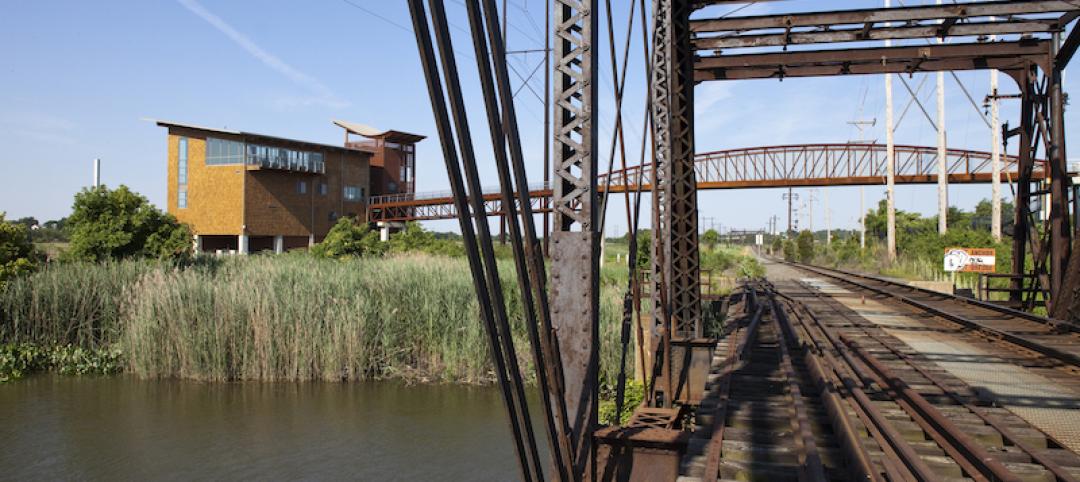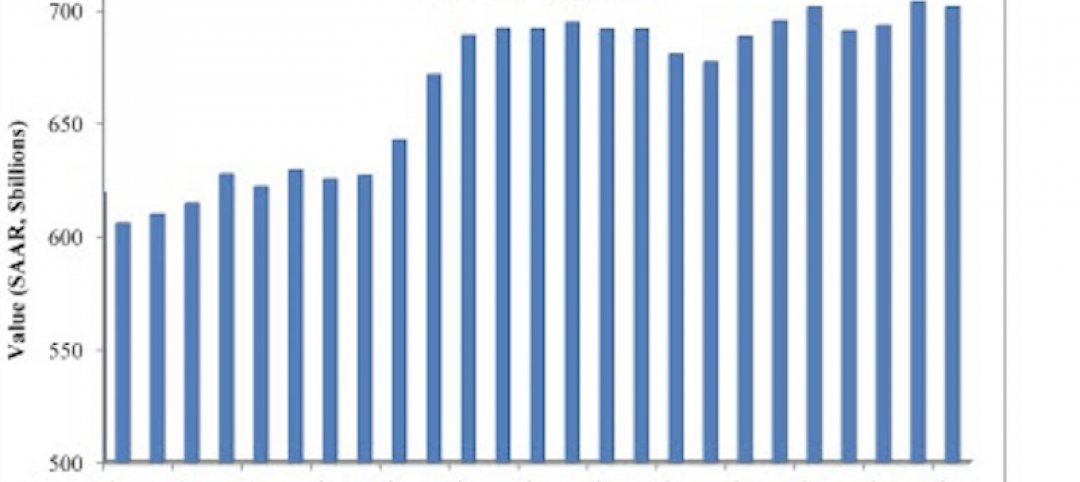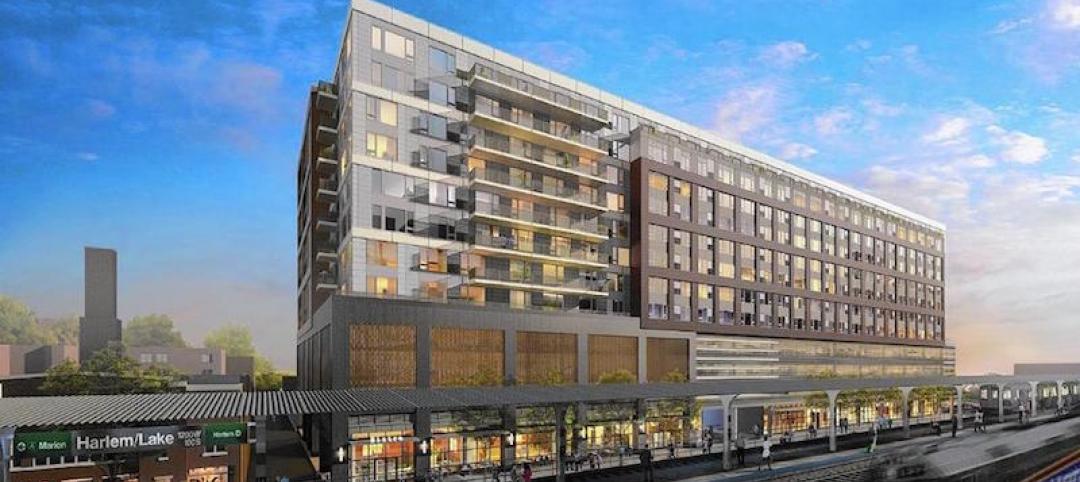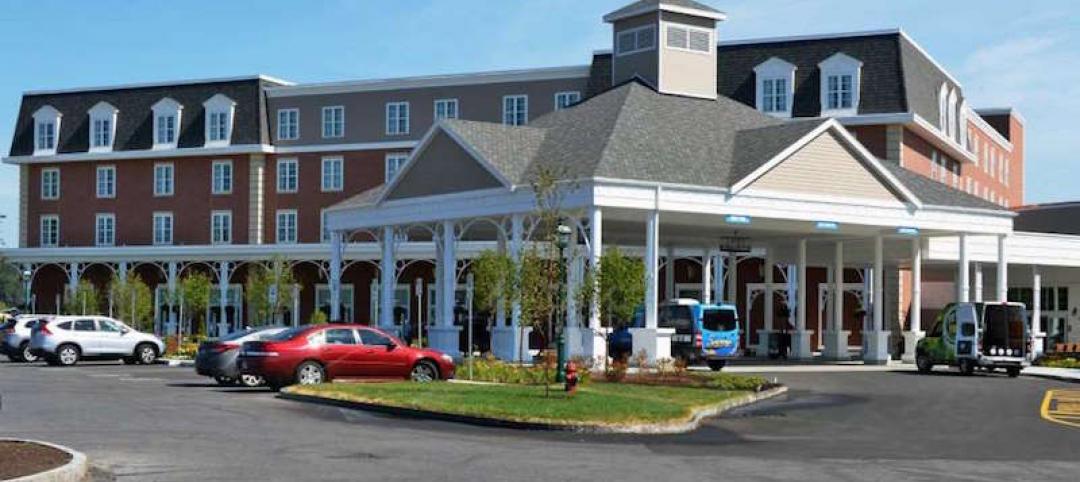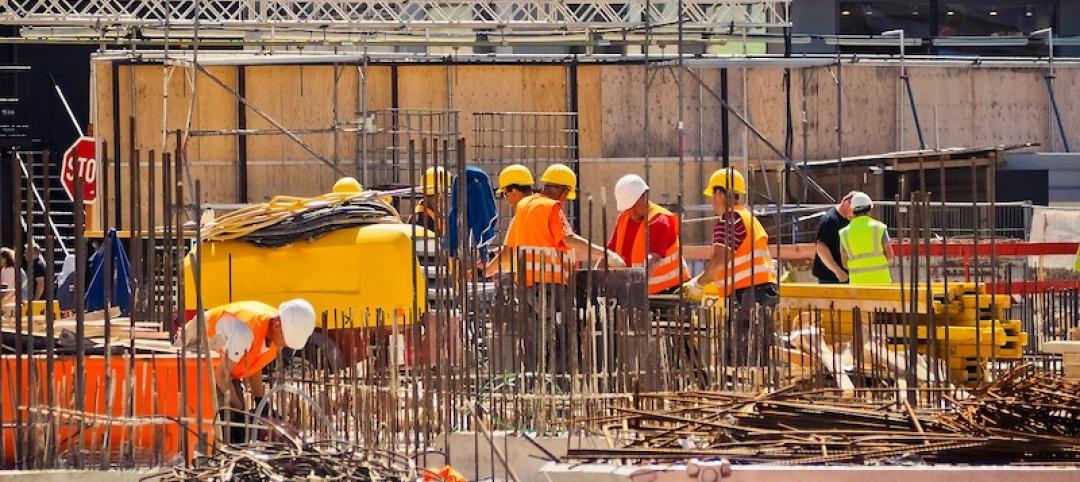Construction employment increased by 20,000 jobs in July but the gains were limited to housing, while employment related to infrastructure and nonresidential building construction slipped by 4,000, according to an analysis by the Associated General Contractors of America of government data released today. Association officials cautioned that non-housing construction job losses will continue unless the federal government provides infrastructure funding for state and local budgets, enacts liability reforms and other relief measures.
“It is gratifying that the construction industry continued to add jobs in July, but last month’s gains were entirely in residential building and specialty trades,” said Ken Simonson, the association’s chief economist. “It is likely that many nonresidential jobs are in jeopardy following the completion of emergency projects and ones begun before the pandemic. Projects that had been scheduled to start this summer or later are being canceled by both public agencies and private owners, while few new facilities are breaking ground.”
The employment pickup in July follow gains of 163,000 jobs in June and 456,000 in May, the economist noted. Nevertheless, construction employment in July remained 444,000 jobs or 5.6% below the recent peak in February.
Residential building and specialty trade construction firms—firms that concentrate on residential new construction, additions and renovations—accounted for 24,000 additional jobs in July. In contrast, employment among nonresidential segments declined by 4,000 jobs.
Compared to the most recent peak in February, employment in the heavy and civil engineering construction segment of the industry, representing firms that work mainly on highways and other infrastructure—was 7.4% below the February total. Employment at nonresidential building and specialty trade construction firms was 6.8% less than in February. Employment at residential building and specialty trade construction firms combined slipped by a more modest 4.1%.
The industry’s unemployment rate in July was 8.9%, with 870,000 former construction workers idled. These figures were more than double the July 2019 figures and were the highest July totals since 2013 and 2012, respectively.
Association officials said the best way to avoid the expected future construction job losses is for federal officials to quickly enact and implement funding for infrastructure, pass needed liability reforms and other pro-growth recovery measures. They said that investing in infrastructure will add to employment in many manufacturing, trucking and other sectors and will create assets that improve productivity, safety and well-being for all.
“It is vital for officials of both parties, both sides of Capitol Hill, and the Administration to come to agreement promptly on meaningful increases in infrastructure funding and other recovery measures,” said Stephen E. Sandherr, the association’s chief executive officer. “Without quick action, the nonresidential job losses that began in July will be quickly worsen and the nation will lose a golden opportunity to start on improving infrastructure at a time of high labor availability and low materials and borrowing costs.”
Related Stories
Market Data | Sep 22, 2016
Architecture Billings Index slips, overall outlook remains positive
Business conditions are slumping in the Northeast.
Market Data | Sep 20, 2016
Backlog skyrockets for largest firms during second quarter, but falls to 8.5 months overall
While a handful of commercial construction segments continue to be associated with expanding volumes, for the most part, the average contractor is no longer getting busier, says ABC Chief Economist Anirban Basu.
Designers | Sep 13, 2016
5 trends propelling a new era of food halls
Food halls have not only become an economical solution for restauranteurs and chefs experiencing skyrocketing retail prices and rents in large cities, but they also tap into our increased interest in gourmet locally sourced food, writes Gensler's Toshi Kasai.
Building Team | Sep 6, 2016
Letting your resource take center stage: A guide to thoughtful site selection for interpretive centers
Thoughtful site selection is never about one factor, but rather a confluence of several components that ultimately present trade-offs for the owner.
Market Data | Sep 2, 2016
Nonresidential spending inches lower in July while June data is upwardly revised to eight-year record
Nonresidential construction spending has been suppressed over the last year or so with the primary factor being the lack of momentum in public spending.
Industry Research | Sep 1, 2016
CannonDesign releases infographic to better help universities obtain more R&D funding
CannonDesign releases infographic to better help universities obtain more R&D funding.
Industry Research | Aug 25, 2016
Building bonds: The role of 'trusted advisor' is earned not acquired
A trusted advisor acts as a guiding partner over the full course of a professional relationship.
Multifamily Housing | Aug 17, 2016
A new research platform launches for a data-deprived multifamily sector
The list of leading developers, owners, and property managers that are funding the NMHC Research Foundation speaks to the information gap it hopes to fill.
Hotel Facilities | Aug 17, 2016
Hotel construction continues to flourish in major cities
But concerns about overbuilding persist.
Market Data | Aug 16, 2016
Leading economists predict construction industry growth through 2017
The Chief Economists for ABC, AIA, and NAHB all see the construction industry continuing to expand over the next year and a half.


